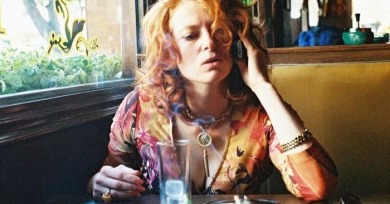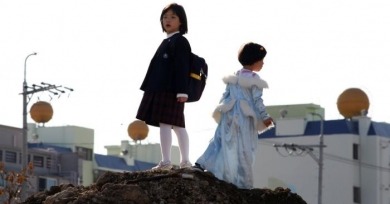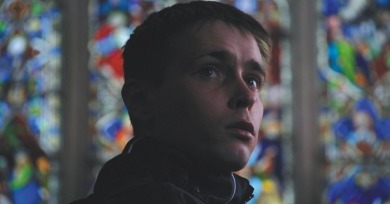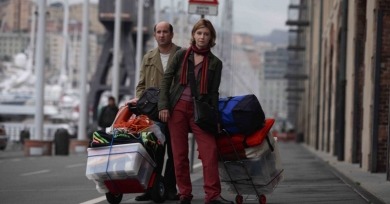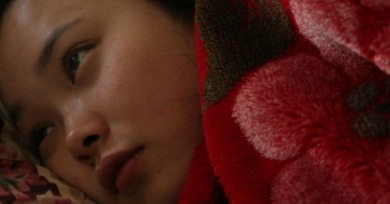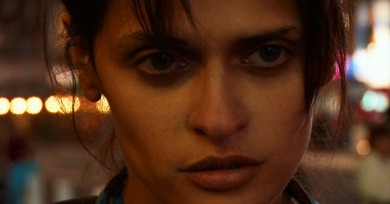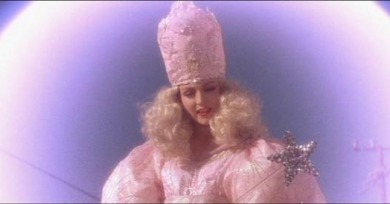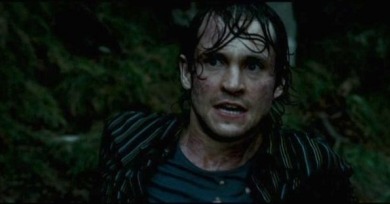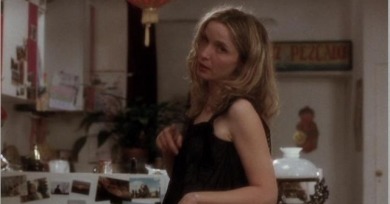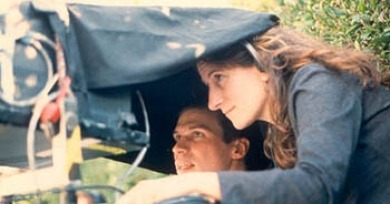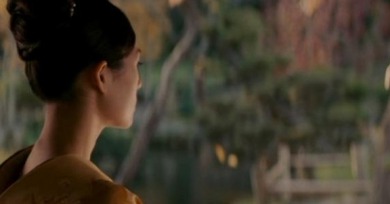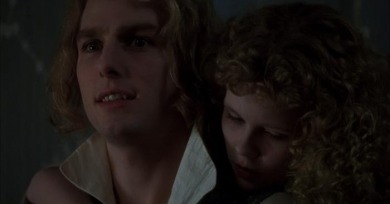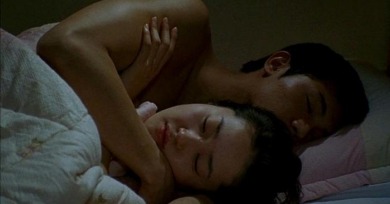Kristi Mitsuda
Structuring Trouble Every Day around the sensory rather than the story, Denis takes a characteristically elusive approach to narrative (later taken to its zenith in L’Intrus) devoid of most expository elements and inclined towards an atmospheric impressionism.
Julia is your typical tale of redemption, even as it thrashes against the sentimentality such a designation implies.
So Yong Kim’s cinema can break your heart. Not by invoking the usual tearjerking music swells and dramatic crescendos, but by constructing narratives authentically attuned to the behavioral and emotional rhythms of particular age groups, from childhood to teenage years.
British filmmaker Duane Hopkins studied as both a photographer and painter, and this becomes abundantly clear upon viewing his elusive and evocative debut feature, Better Things.
From its simple title font evocative of another era to its opening and closing shots reminiscent of The Graduate to its casting of filmmaking icon Peter Bogdanovich, Humboldt County acknowledges its immodest aims early on.
Staid pacing and standard shots held a few beats too long to hit the comedic sweet spot show up Green’s inexperience in mainstream generic moviemaking. His direction here exhibits nothing so much as that least attractive of stoner attributes: a sluggish inertia.
Silvio Soldini’s Days and Clouds couldn’t ask for a more fittingly precipitous point in time for its American theatrical release than this disquieting summer of soaring gas prices, staycations, anxious awaiting of stimulus checks, and shuttering Starbucks.
Reservation Road is too lethargic and inept to capitalize on its thriller tendencies or substantially invest in the emotional shadings that might help fill in the spaces between. Character interactions boil down to a series of clichéd crescendos.
Progressing beyond the earlier fumblings of Kissing on the Mouth and the more subtly developed LOL, the director harnesses in Hannah the fleeting emotional frequencies of everyday interaction for which he’s been striving.
An exception within the still roughly circumscribed realm of Asian-American narrative cinema, So Young Kim’s lovely debut succeeds in blending cultural specificity with generic humanity for a quietly revelatory portrait.
This is what makes the movie so profoundly frightening: though she is willing to commit this heinous act, we recognize that we can, and in fact do, sympathize with her.
If Jindabyne doesn’t quite coalesce like its taut predecessor, it comes close enough; its unevenness is made up for by its ambitious wanderings through trickier, thought-provoking terrain, and, although it goes slack occasionally, clocking in at just over two hours, the film resonates with rhythmic momentum.
Wild at Heart is, for all its confounding detours, simply this: a gorgeous love story set in a hyperbolically fucked-up world.
A teenage girl’s coming-of-age tale in werewolf’s clothes, Katja von Garnier’s Blood and Chocolate, based on a book by Annette Curtis Klause, is a risibly flawed amalgam of assorted generic clichés—if curiously ambitious in the number of archetypal themes pursued.
It delivers to its audience exactly what it needs—an openness that stays true to the soul of the film—and yet the opposite of what it craves, which is for the two to, well, ride off into the sunset together; this tension imbues the final shot with an aching duality.
'I loved the portrayals of women in The Heartbreak Kid. It’s directed by Elaine May and written by Neil Simon. Woody Allen. I mean, he had the best female characters in the 70s and 80s. . . I don’t know, can you think of any? It’s so hard to think of female characters."
Taking as her focus a teenage girl’s sexuality and the unconsciously self-destructive tendencies concomitant during that early period of experimentation, Shortland—in a visually delirious style to match—explores a topic often untouched in film.
Like a lady-who-lunches toting her Takashi Murakami-designed Louis Vuitton bag, Marshall clearly believes that his appropriation of Japanese culture lends Memoirs of a Geisha a veneer of edgy authenticity where clearly none exists.
With The Crying Game. and recently released Breakfast on Pluto, he demonstrates a penchant for sympathetic portrayals of the sexually demonized of society, and, as such, Interview with the Vampire seems less an anomaly in a somewhat anomalous career.
The tale is a tease, flirting first with one trajectory and then, growing bored with the implications, quickly skipping to the next, only to discard again, continue on to another. Because of its fickle nature, the tone feels discomfitingly random: distant and loose, as easily ironic as sincere.

